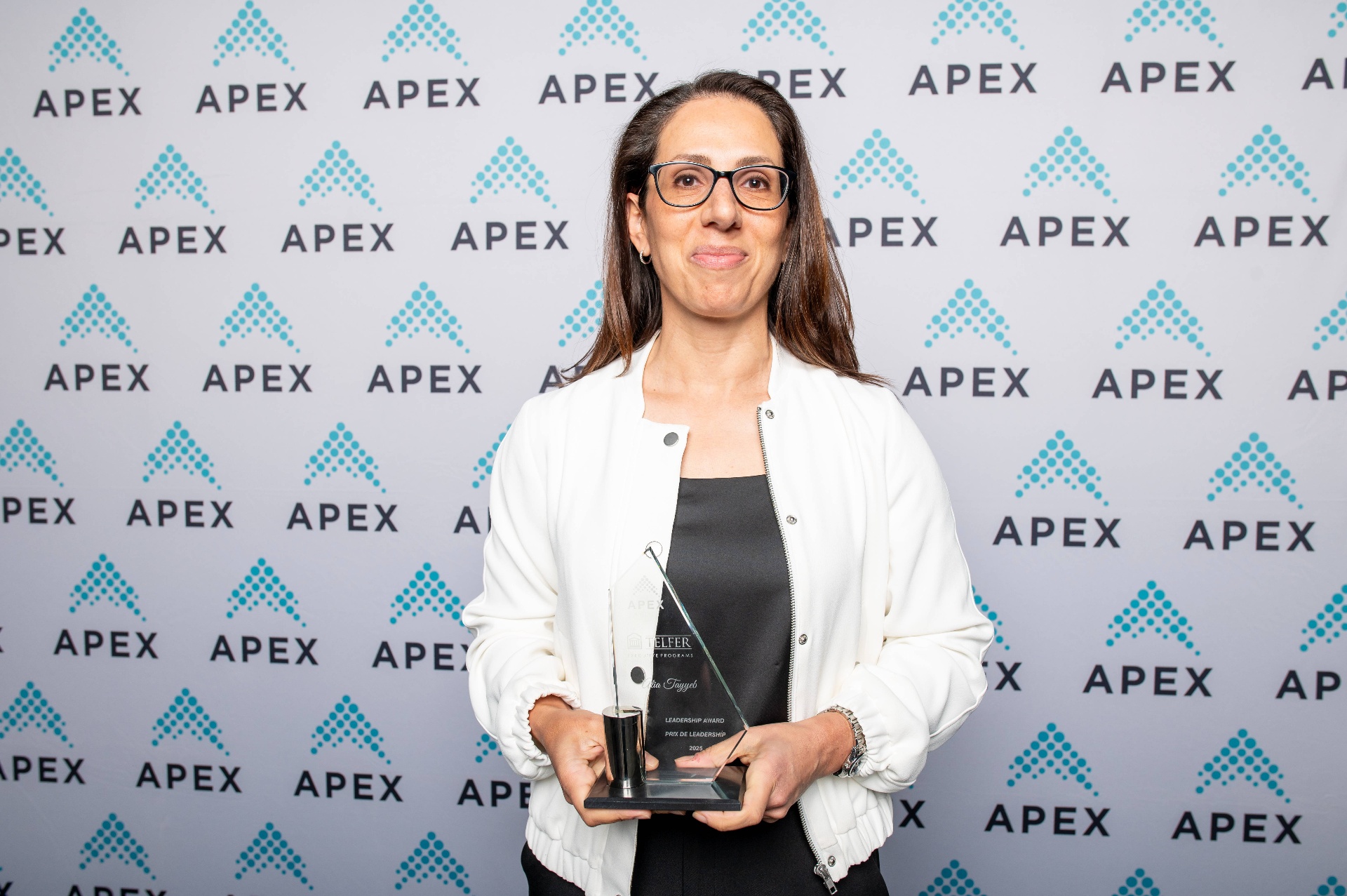Yanhong Li joined the PhD in Management program at Telfer in 2017, after completing her MSc in Management at the school. She is supervised by Professor Laurent Lapierre and specializes in organizational behaviour and human resource management (OBHR). We interviewed her to learn more about her research interests in workplace courage and employee well-being.
Why did you choose to study organizational behaviour and human resource management?
I have always been fascinated by the interactions among people, structure and environment. OBHR explores exactly that within the workplace, which is central to many people’s lives. I am particularly interested in exploring what happens when employees resist conformity, disrupt role expectations and challenge authorities for the greater good.
What is your research about and what will it contribute to academic literature?
My dissertation studies organizational members’ reactions to displays of moral courage. Management researchers and practitioners suggest that workplace moral courage is something that is ubiquitously desired, admired and encouraged.
Paradoxically, ample research has uncovered the harsh backlash courageous employees (e.g., whistleblowers) face. Therefore, advice to individuals to engage in courageous behaviour is premature until we have a better understanding of when and why people respond favourably or unfavourably to their colleagues’ acts of courage. My dissertation seeks to contribute this important missing piece of the puzzle.
You will be presenting your work at the Academy of Management annual meeting this year. What are the highlights from your study?
In this study, social-dominance orientation (SDO) emerged as a crucial factor that influenced individuals’ reactions towards an actor who engaged in a morally courageous act. SDO captures one’s preference towards group-based hierarchy and dominance within social systems. Observers with high levels of SDO rewarded acts of moral courage less than those with low levels of SDO.
What impact could your research have on Canadian organizations?
My dissertation will provide insights for more fine-tuned advice for courageous employees on when their acts of courage might receive positive or negative reactions from observers.
In addition to SDO, my dissertation also looks at the impact of actor gender on observer reactions. The social relational processes of gender beliefs (e.g., the gender stereotypes that describe how men and women ought to behave) are likely to be persistent sources of implicit discrimination in organizations and impact the career outcomes of women. By contributing to the understanding of such processes, I hope that my dissertation can serve as an important step towards reaching gender parity in organizations.

_c.jpeg)









